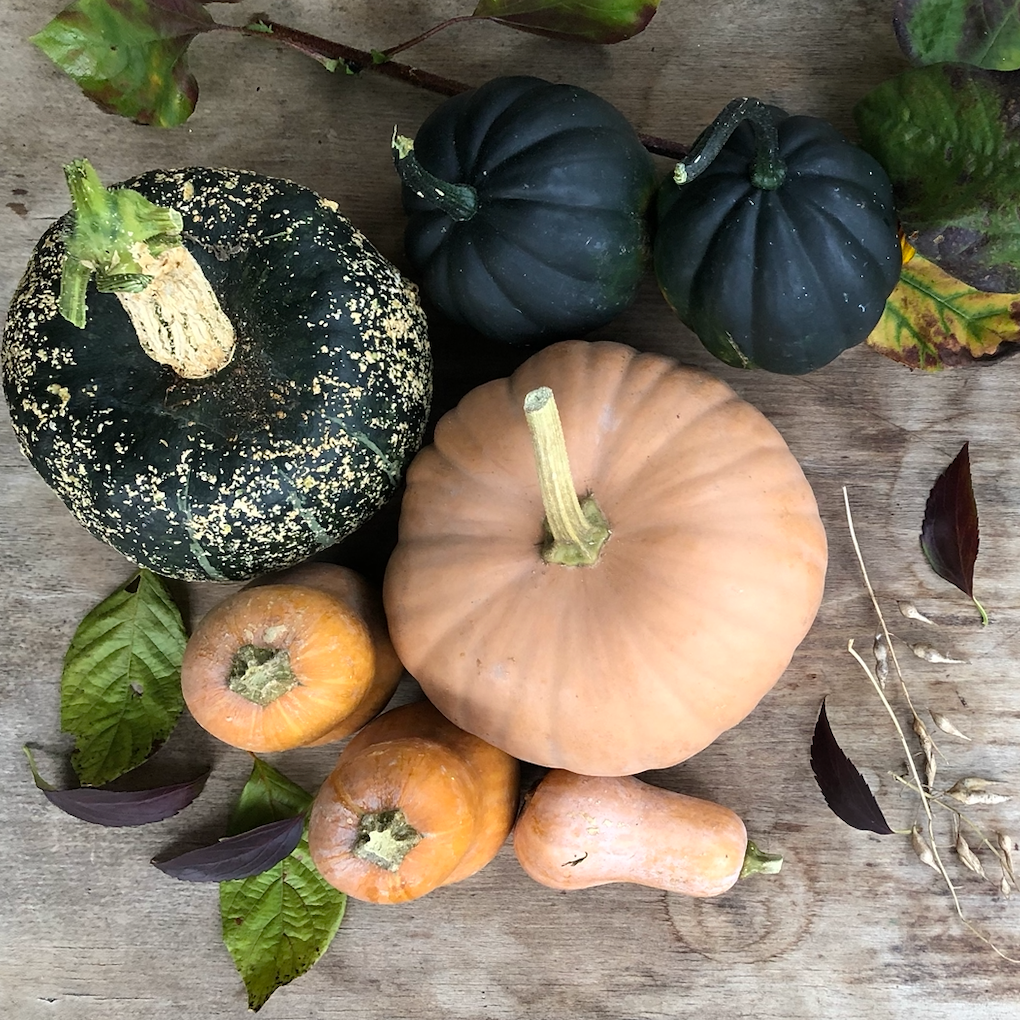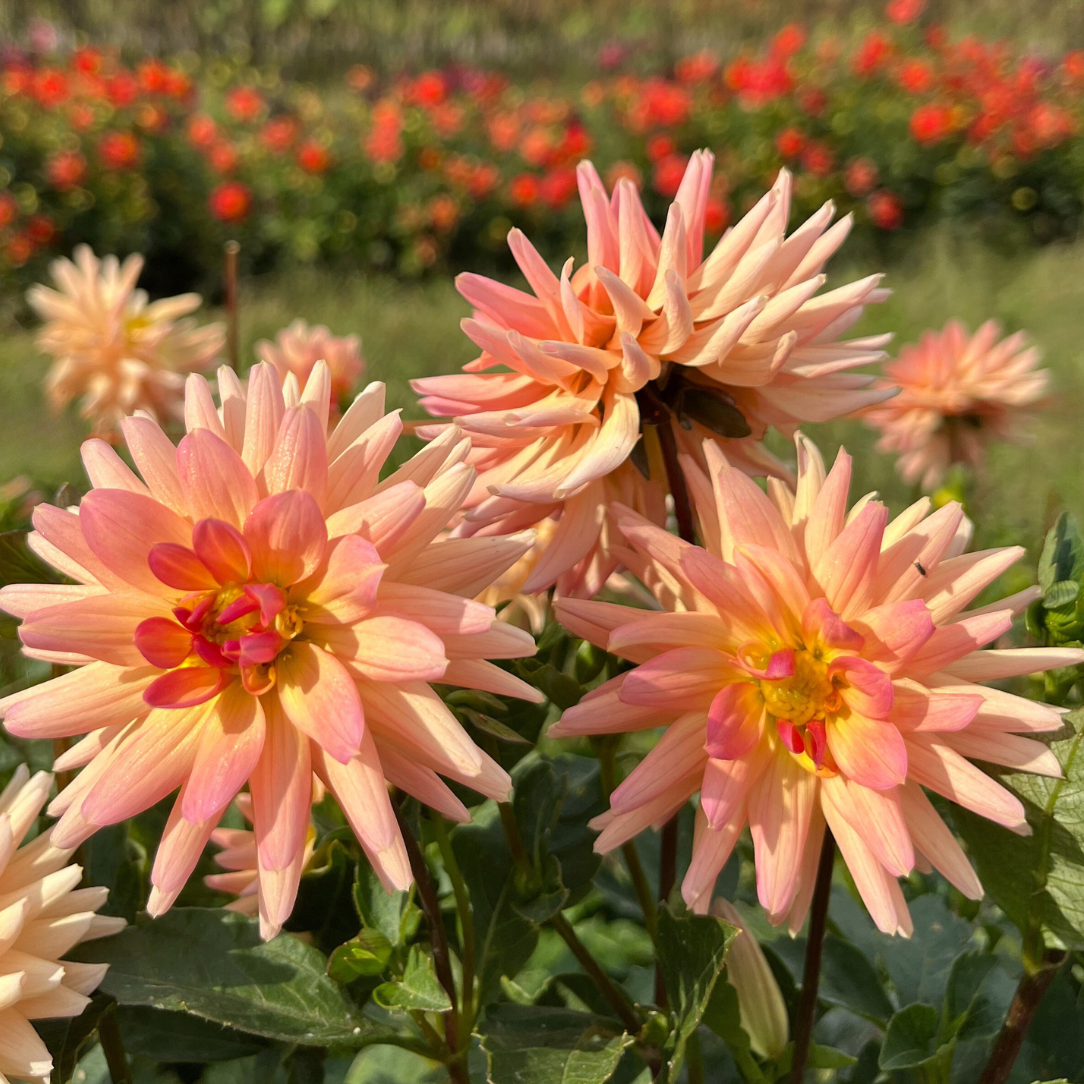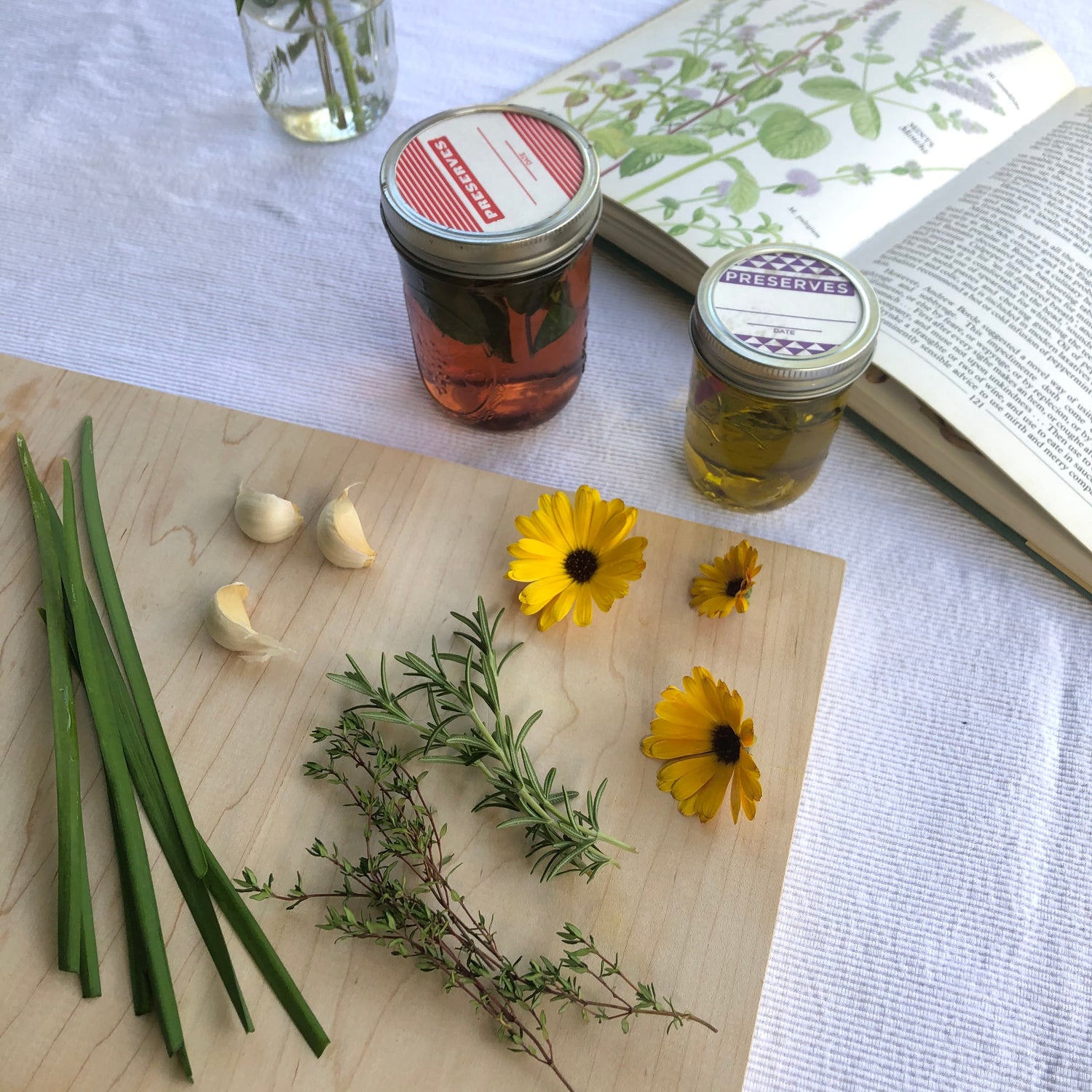Plants lead complex lives and serve many missions. Some feed the world, some provide shelter and habitat, and others are eco-warriors. Some environmental soil or water damage can be cleaned through phytoremediation - a process that takes advantage of a plant's natural ability to extract or concentration specific elements. Literally meaning "plant remedy," this technique uses special plants to absorb, extract, or change harmful chemicals such as heavy metals or radioactive substances.
To try this in your yard or community garden requires soil tests, more research, and precautions such as proper disposal of the plants and not eating edibles that are being used for environmental clean-up purposes. But, as a starting point, we've compiled a list of common garden plants and their environmental super powers:
Sunflowers are the best known garden plants for soil clean up, and for good reason. They have been shown to pull out an array of heavy metals and toxins from the soil. After the Chernobyl nuclear disaster, sunflowers were planted on styrofoam rafts to float and grow on contaminated ponds. In less than two weeks, the concentrations of toxins in the roots were reportedly thousands times more than that in the water.

Chives have been shown to accumulate cadmium in their roots and leaves.
Yarrow, a native, perennial flower isn't just priced for its medicinal properties. It is also known to accumulate cadmium.
Red clover has been shown to degrade petroleum in the soil into a less harmful substance.
Kale, collards, broccoli, and mustard greens have been shown to extract lead from the soil.








